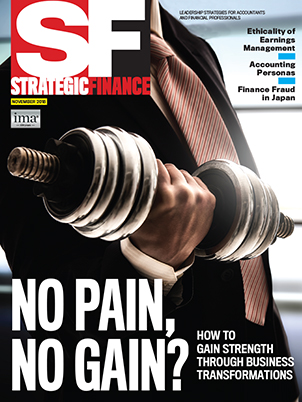The gravity of the problem of abandoned libraries becomes more apparent when you consider it against the background of a worldwide marathon to digitize everything, along with the ever-decreasing cost of terabyte-sized data lockers for everyone. The motivation for digitizing everything in our culture is easy to understand. A digital property can be licensed, rented, or resold countless times. And on the user’s part, who wouldn’t want a place where you could store almost everything in a “closet” that reminds one of the archives at the U.S. Library of Congress? These two inclinations have caused an explosive growth of large data libraries of all sorts—social, cultural, and commercial.
VULNERABLE
There are several inherent problems that accompany this drive to save and manage all our information. First, there are the impediments from our own nature. It’s instructive to recall that not one of the great libraries from classical antiquity has survived, and that includes quite a number with world-class significance. The destruction was sometimes brought on by natural catastrophes such as floods and earthquakes, but usually it was just other humans doing the burning or scattering.
Well, the days of sacking enemy cities and destroying their cultural institutions actually aren’t over. The new barbarians at the gates who have looted and taken down some of our digital institutions include hackers like Adrian Lamo (who broke into Yahoo!, The New York Times, and Microsoft) and groups like LulzSec (which launched a 50-day attack on government domains, Gawker, PBS, Sony, and others) and Anonymous (which launched DDoS cyberattacks on governments, industries, and groups like the Church of Scientology). The roster is almost endless, and the threat they pose is serious. So much so, that in 2012, Time magazine added Anonymous to its list of the “100 Most Influential People” in the world.
The second problem is mechanical. It’s about the current hardware and storage algorithms used to capture and save our online biographies and the overall progress of our civilization. We shouldn’t forget that the cloud as a depository isn’t an end point. It’s merely another mile marker. Like punch cards and Zip disks, its function as a vast storehouse will undoubtedly be modified or replaced—possibly with a medium that’s molecular and more proximate, like in your own pocket and not on someone else’s server that’s located who knows where.
DIGITAL IMMORTALITY
Yet despite the overwhelming difficulties, and to the credit of those who see the importance of a permanent record of our evolving culture, it seems the goal of an everlasting library hasn’t been abandoned.
While the ancient world had the libraries at Alexandria and Pergamum, today some of the most significant collections are being amassed online in the DPLA (Digital Public Library of America), the Google Books Library Project, the Internet Archive, and Project Gutenberg.
DPLA: Founded in 2013 in Boston, Mass., the collection aims to “unify such disparate sources as the Library of Congress, the Internet Archive, various academic collections, and presumably any other collection that would be meaningful to include. We aspire to establish a system whereby all Americans can gain access to information and knowledge in digital formats in a manner that is free to all.” www.dp.la
Google Books Library Project: In 2002, Google began Project Ocean, scanning and digitizing books. The idea was to make these books available to everyone, online and at no cost. The Google Books Library Project added the works in American universities, the New York Public Library, and then international libraries. You can search the results in what Google claims is the “world’s most comprehensive index of full text books.” books.google.com
Internet Archive: Brewster Kahle’s San Francisco-based collection includes a massive archive of web pages (called the Wayback Machine), books (more than 2 million), and media (audio, images, movies, microfilm, and more). www.archive.org
Project Gutenberg: Michael S. Hart’s archive of free e-books is the oldest of the digital libraries. The product of volunteers, the library has more than 57,000 books and documents. www.gutenberg.org

November 2018



